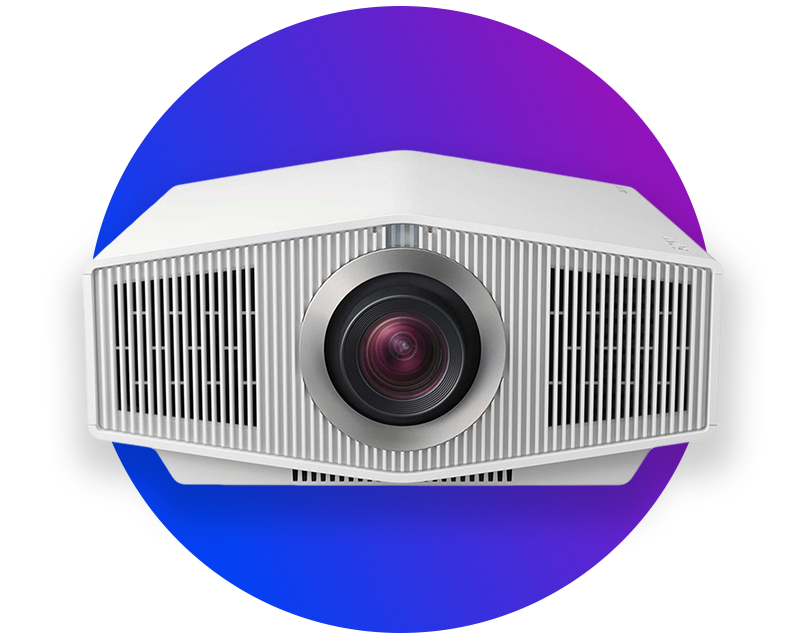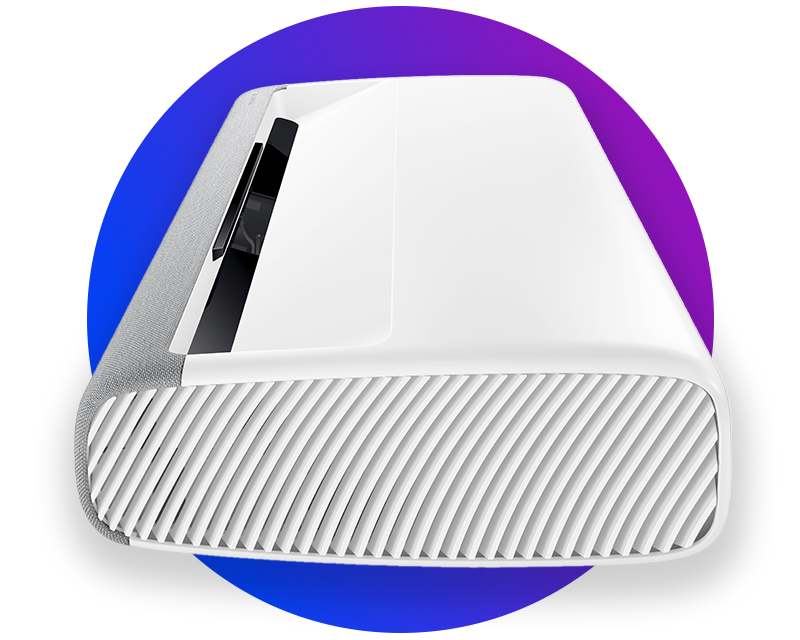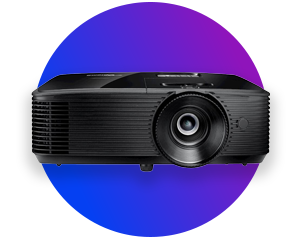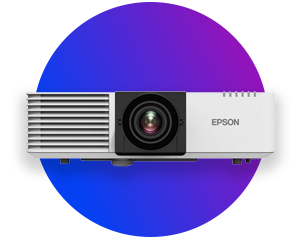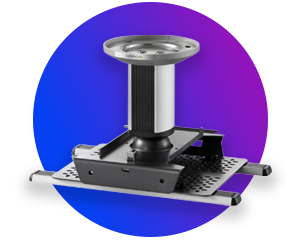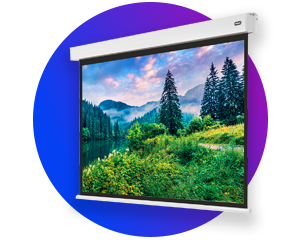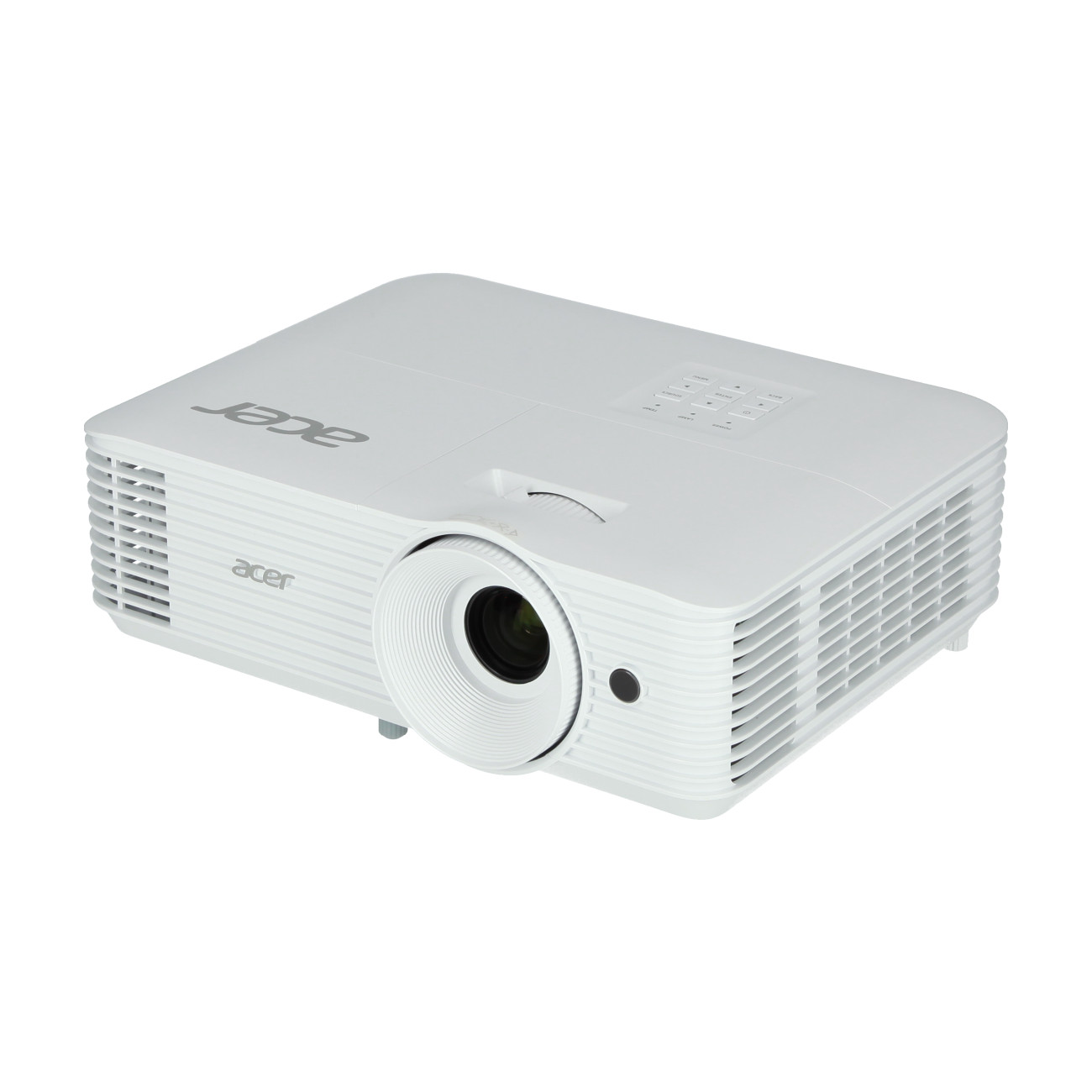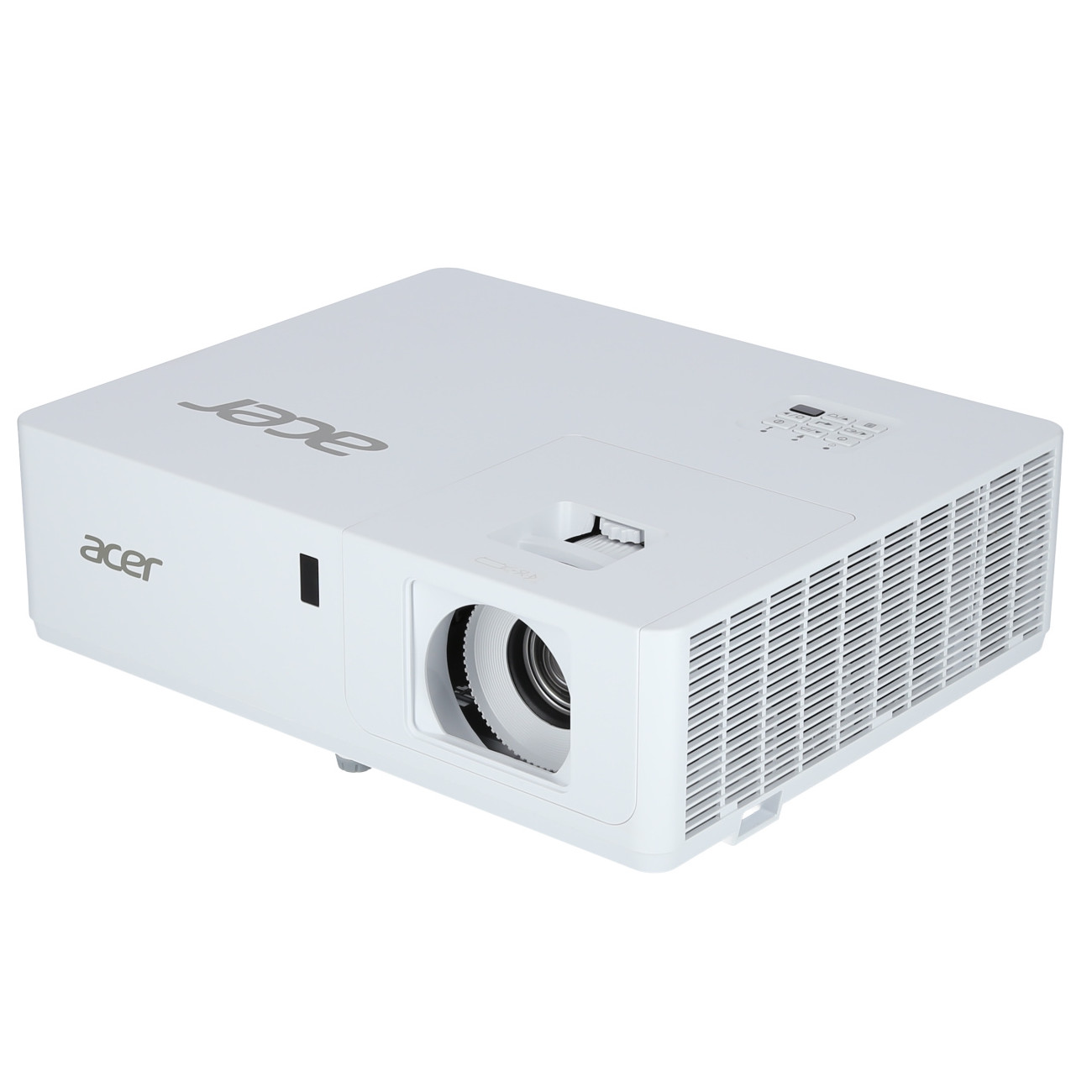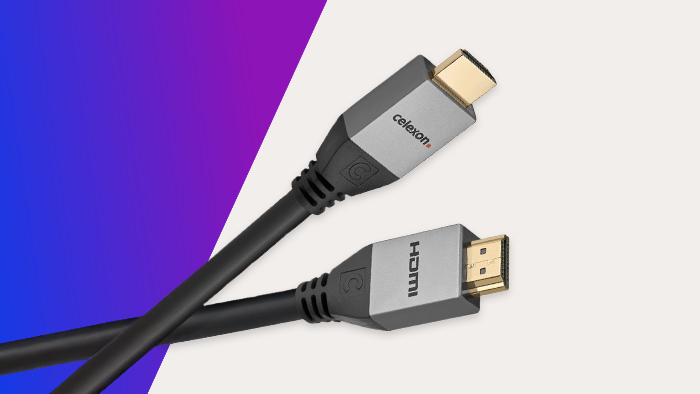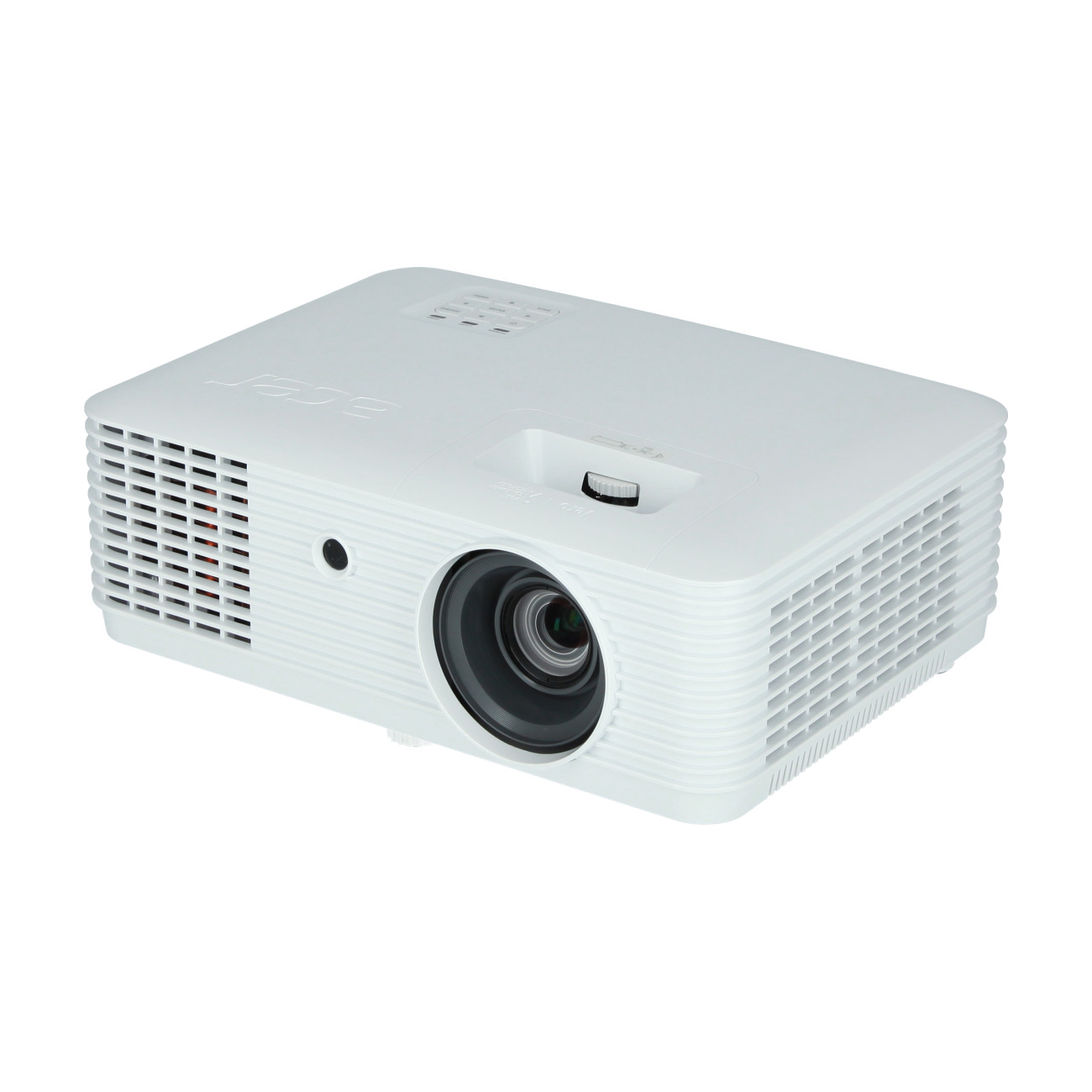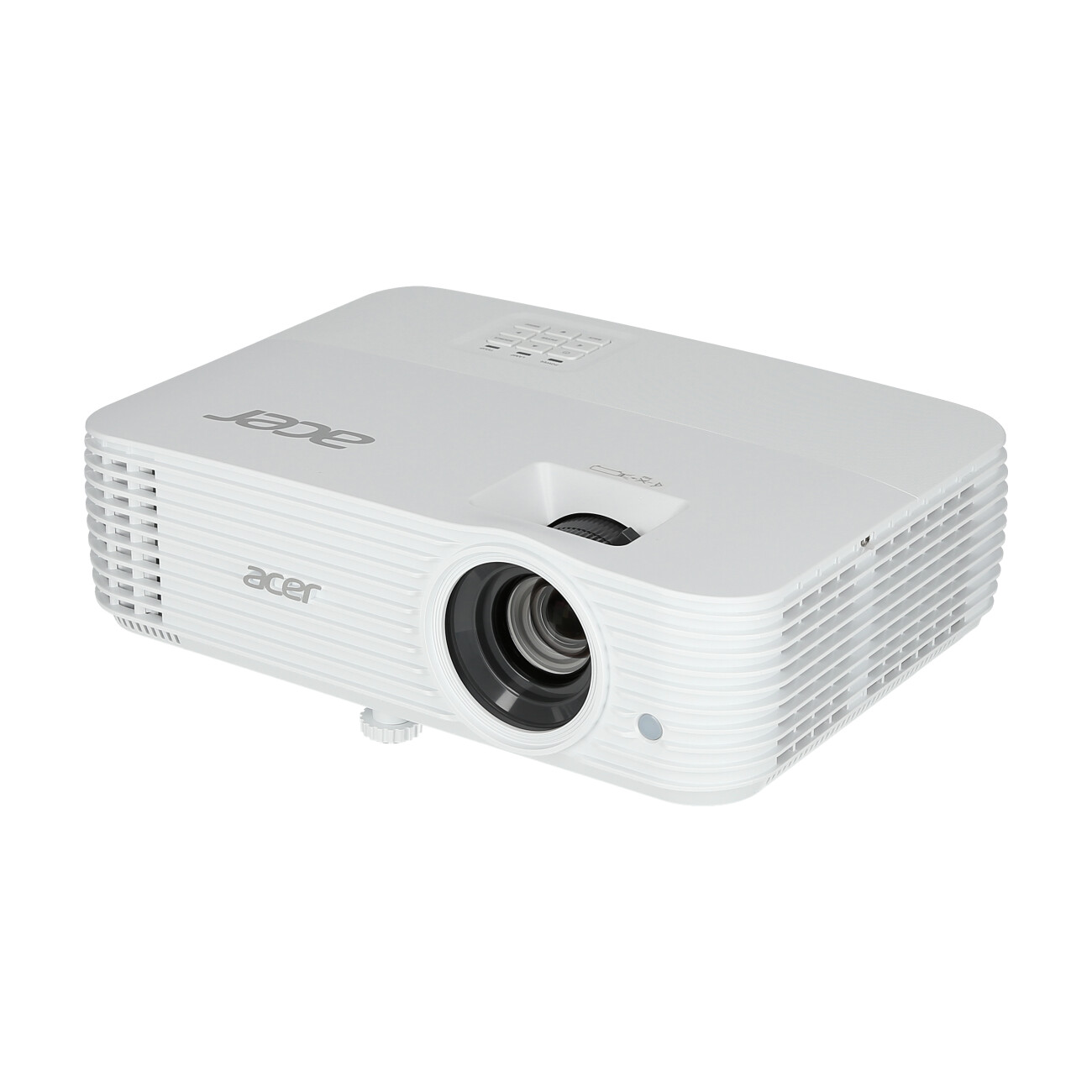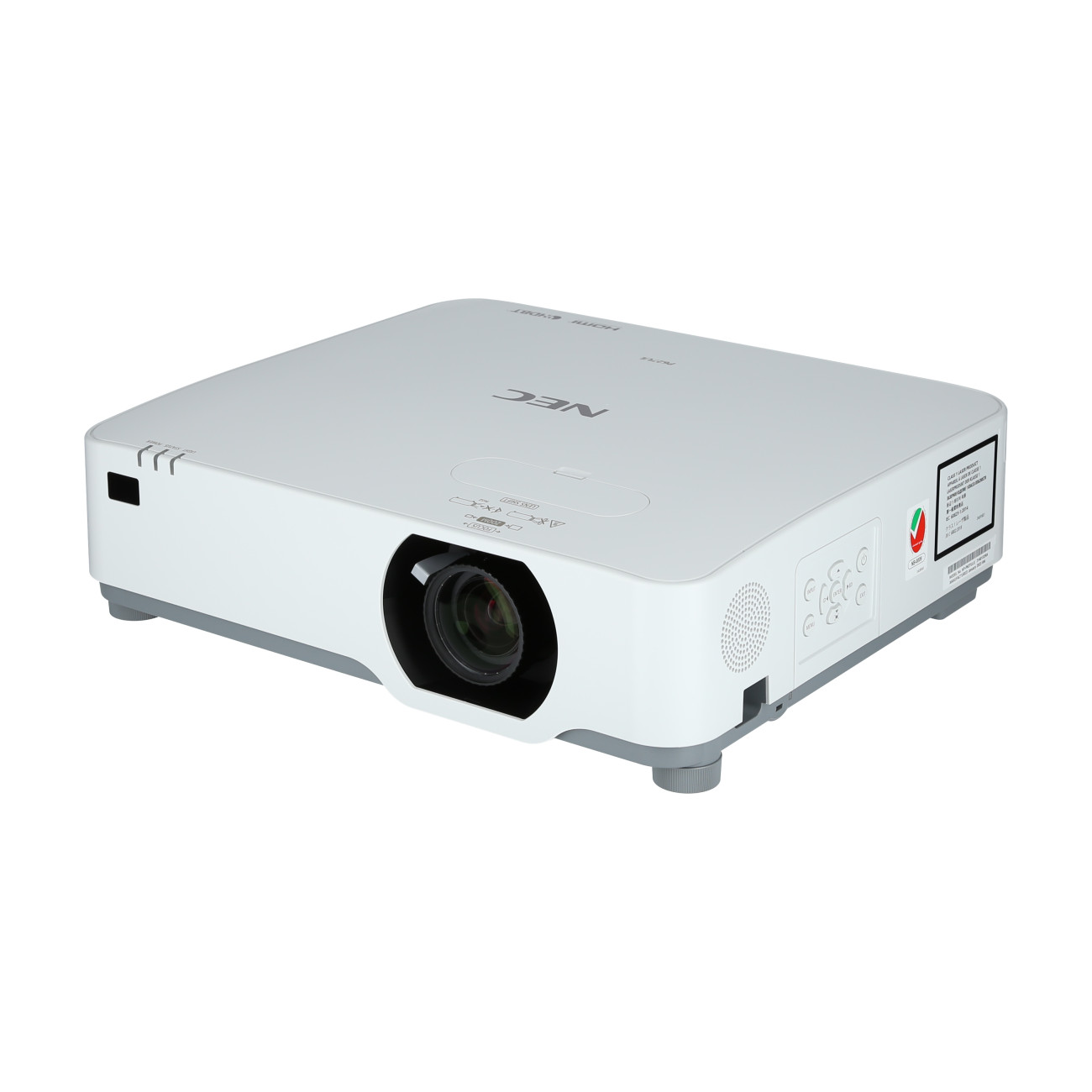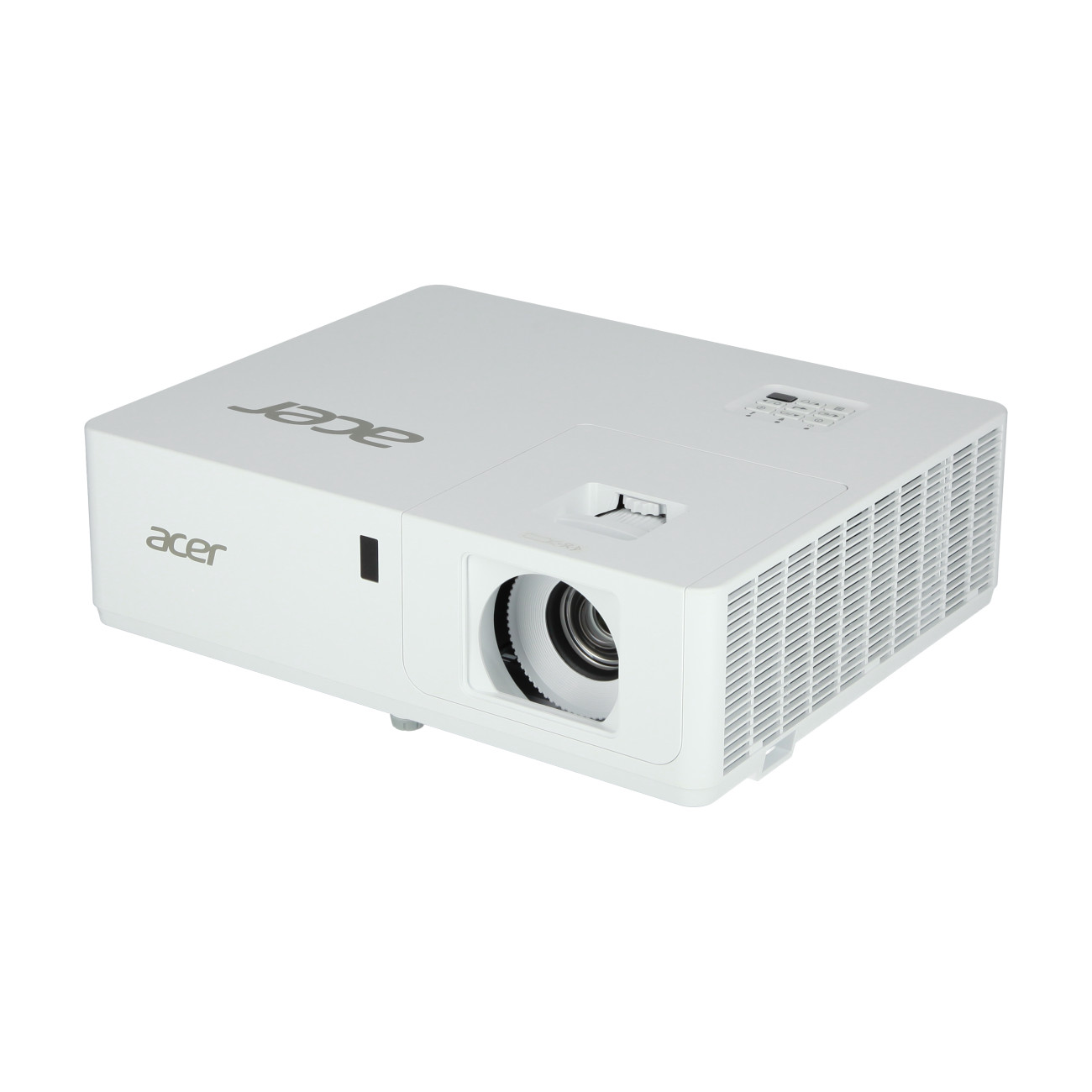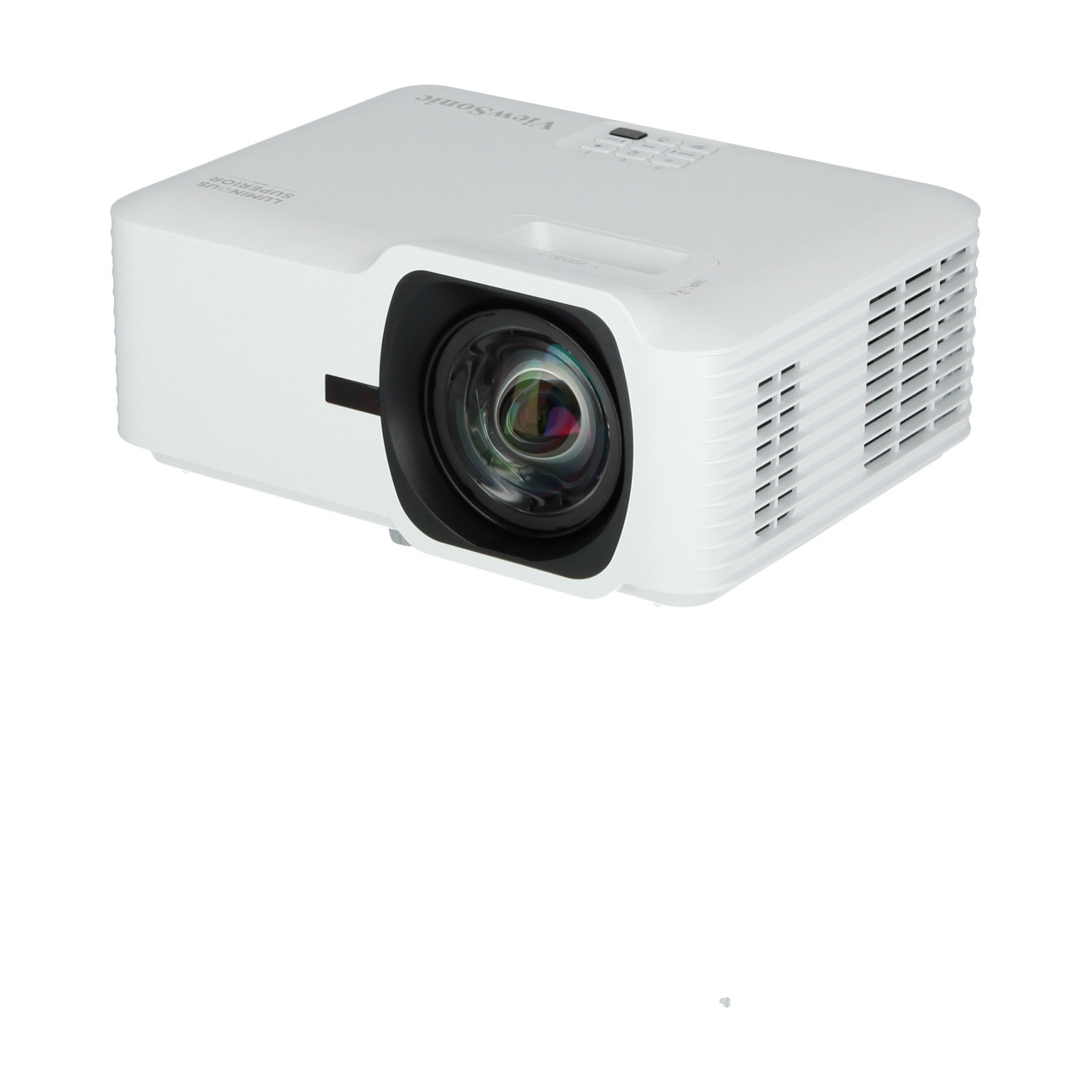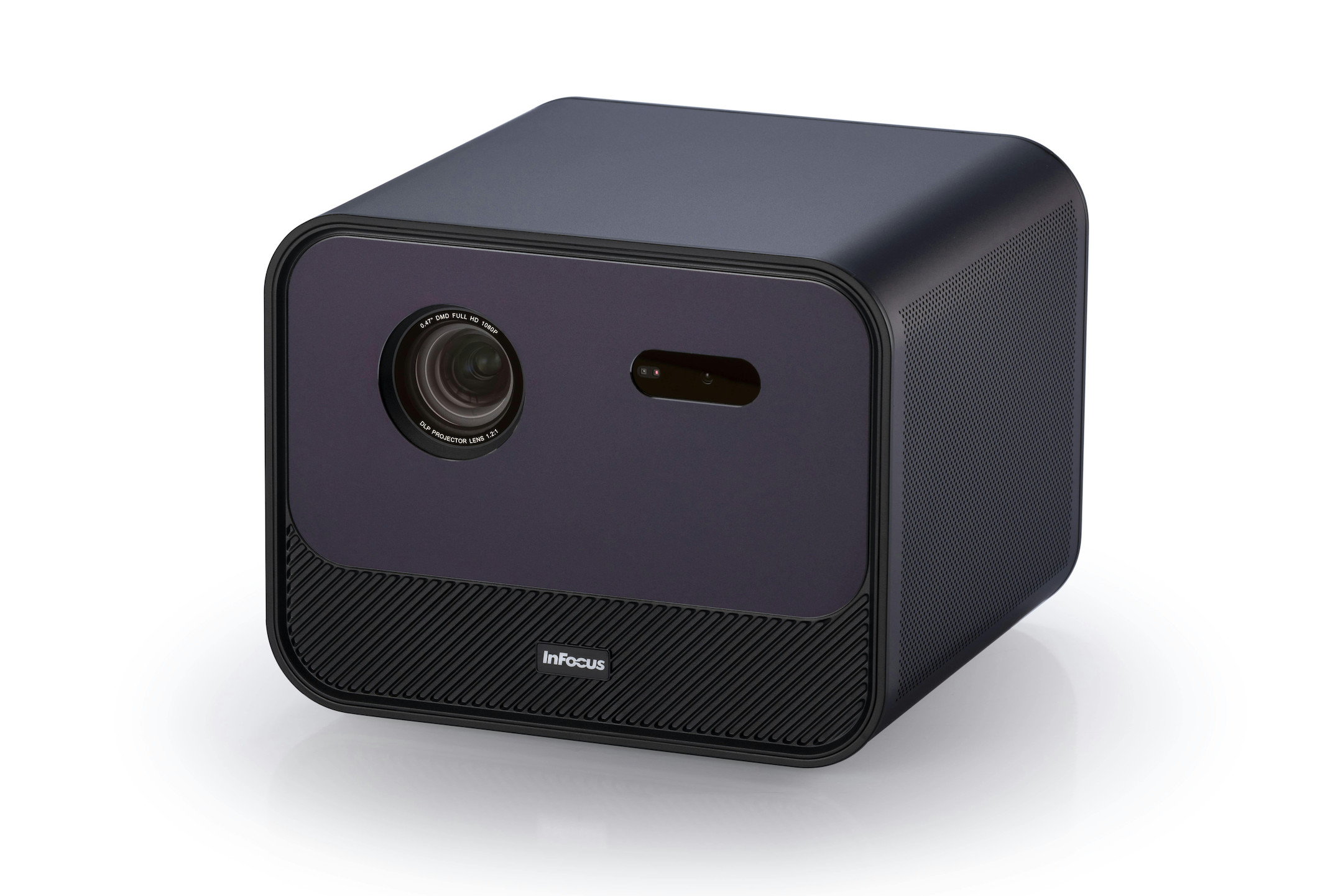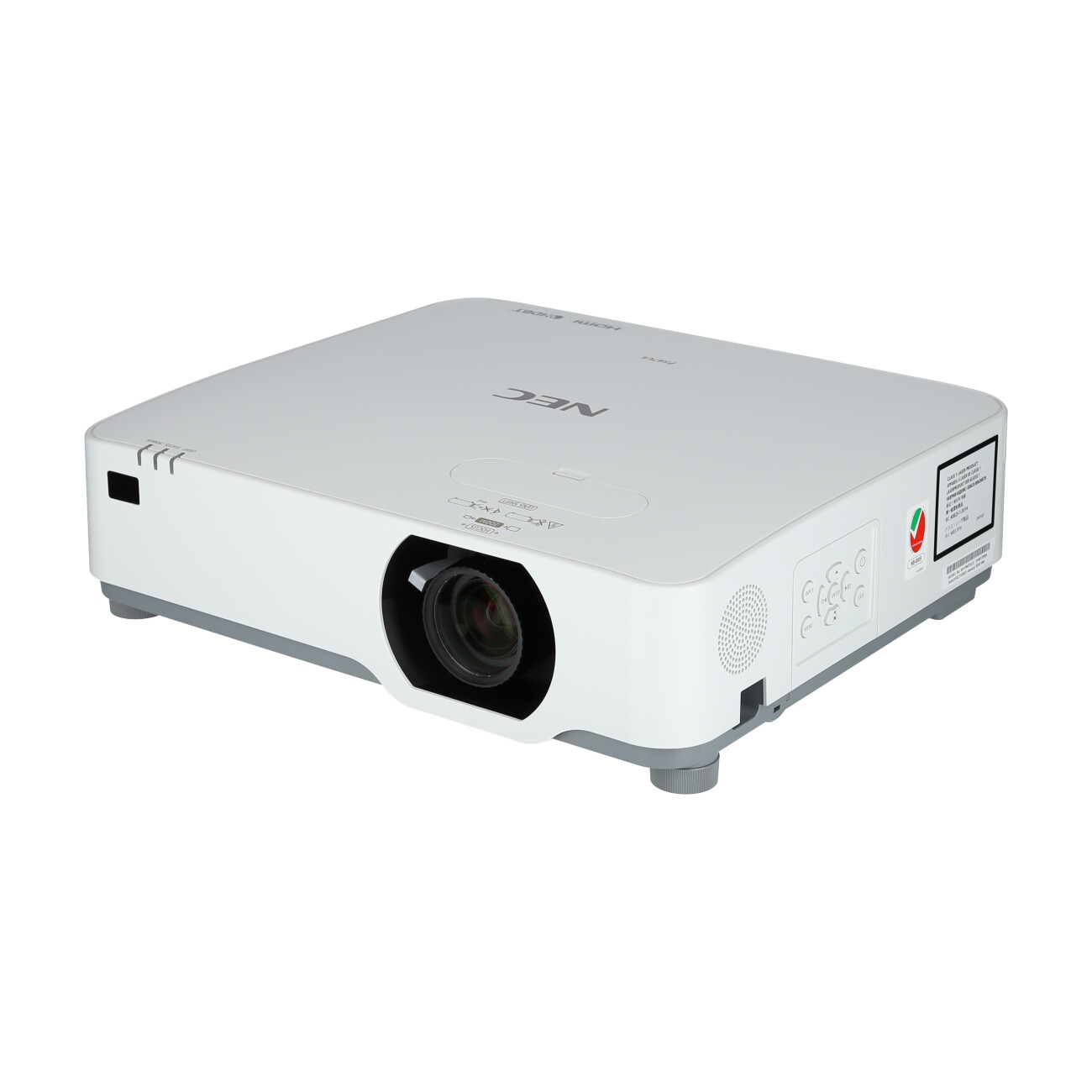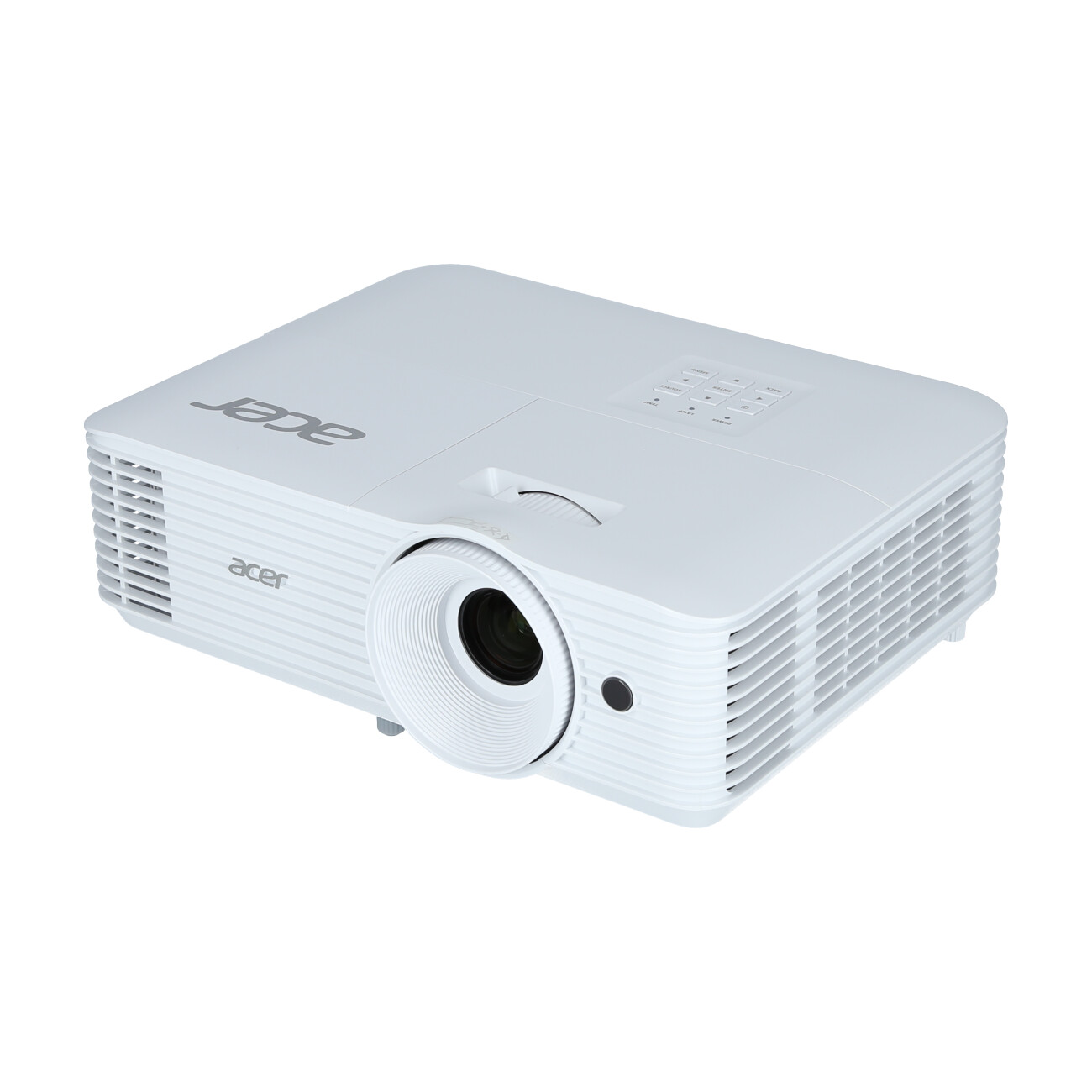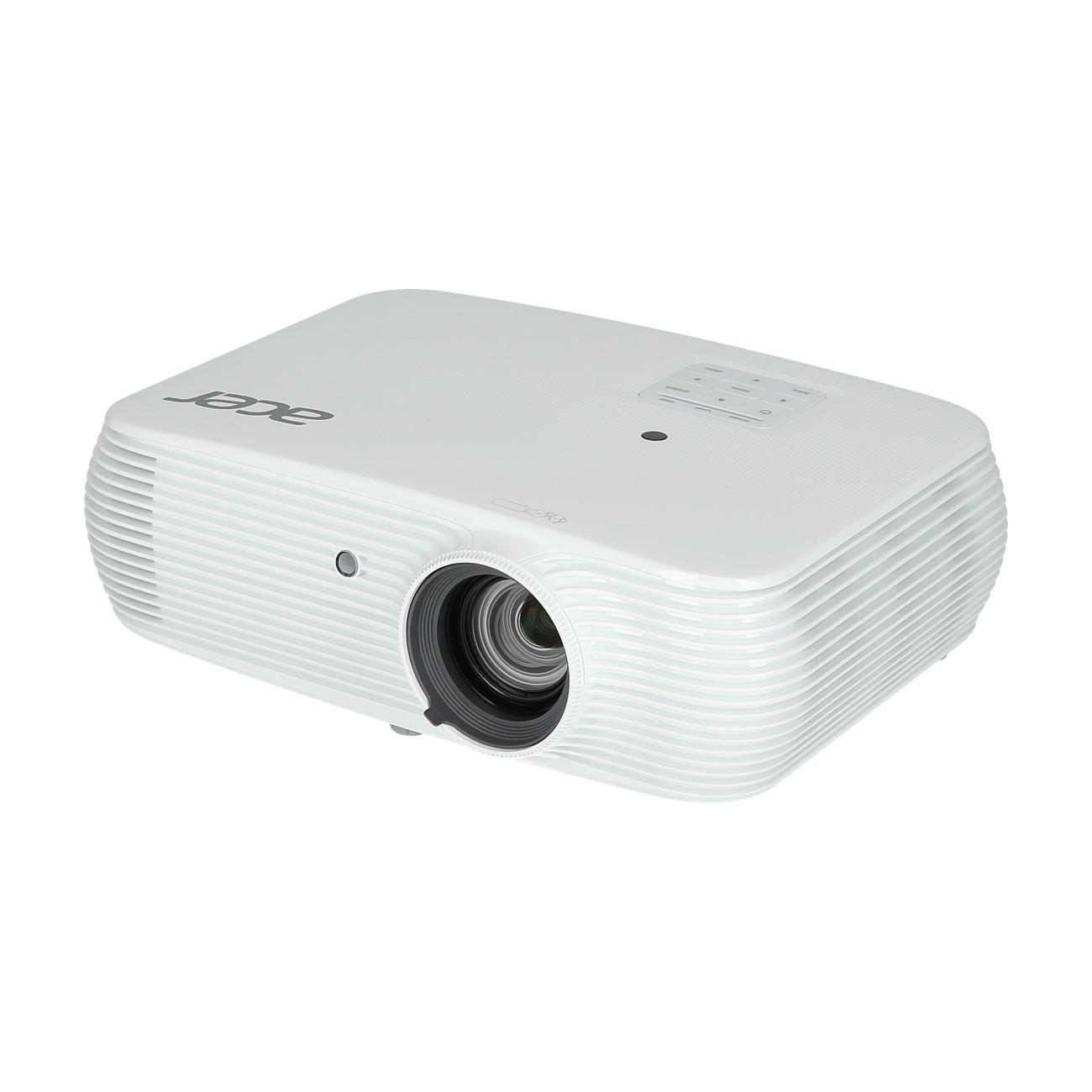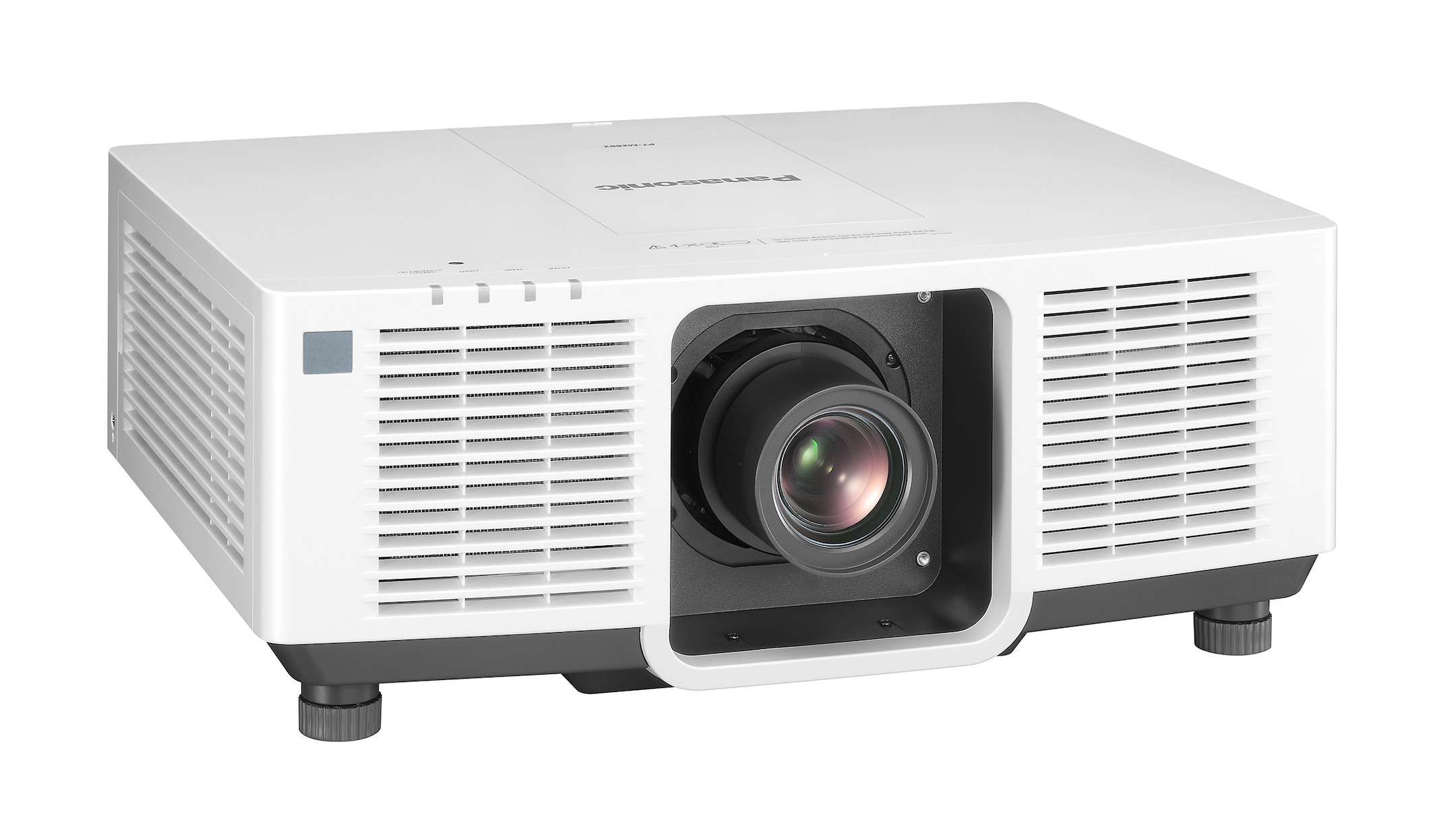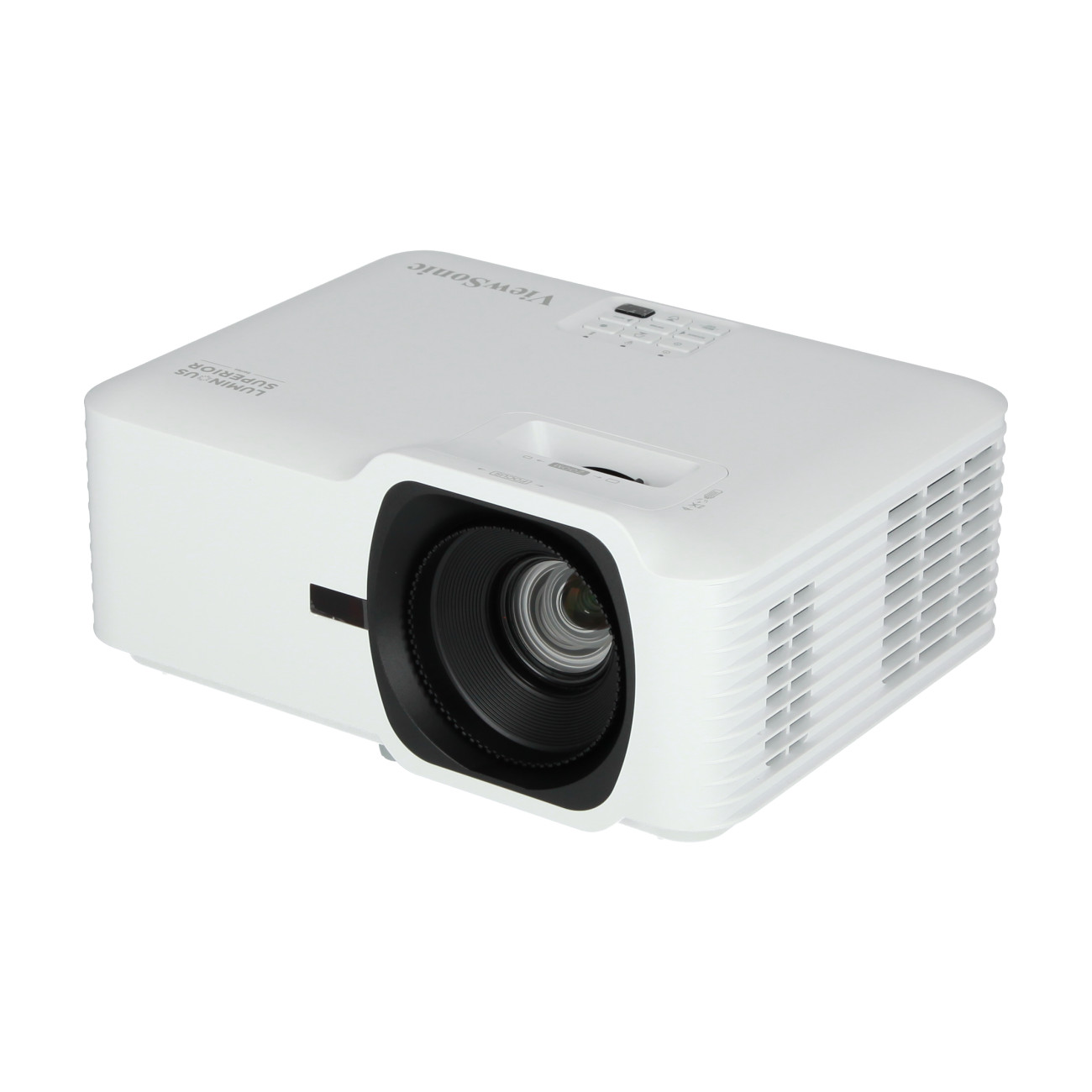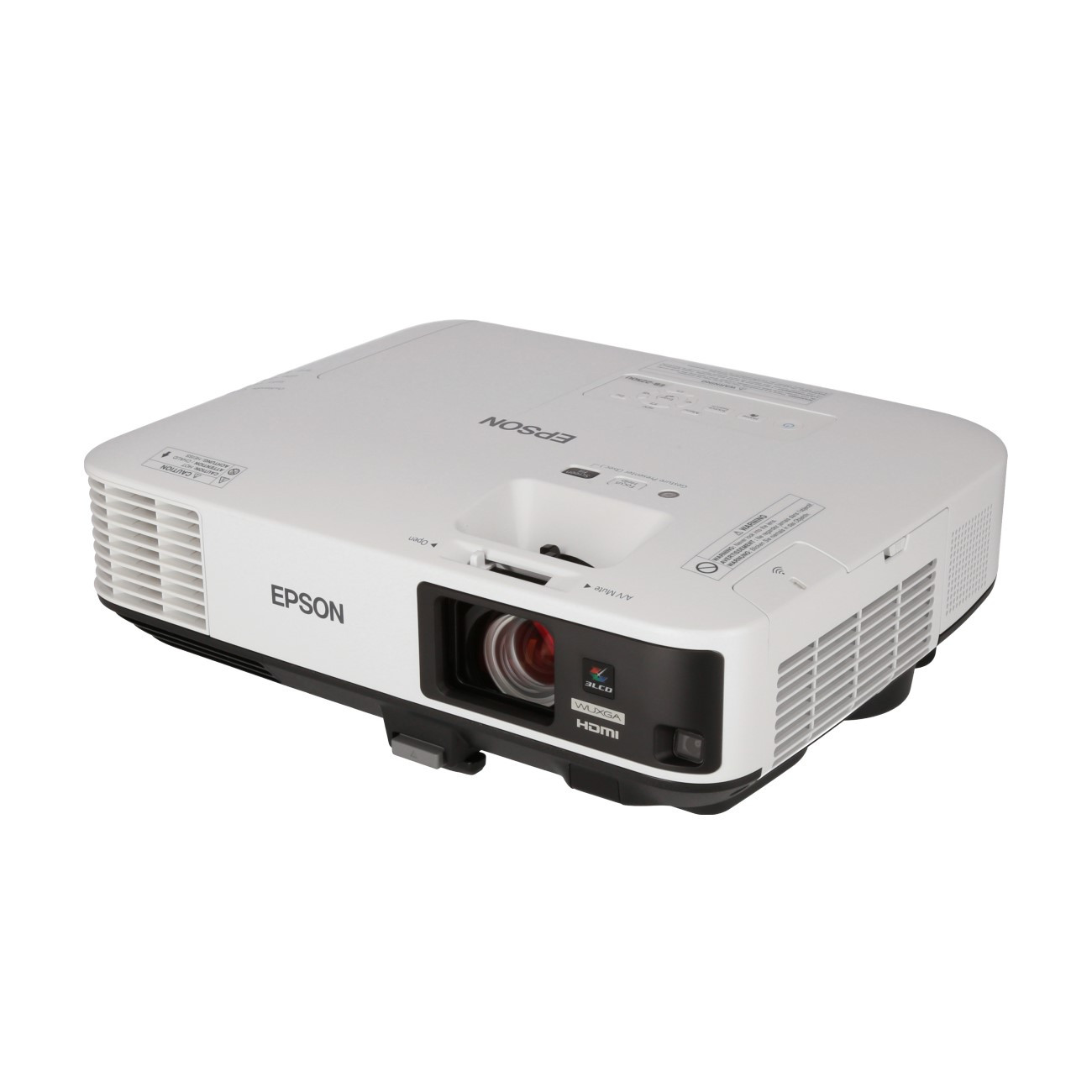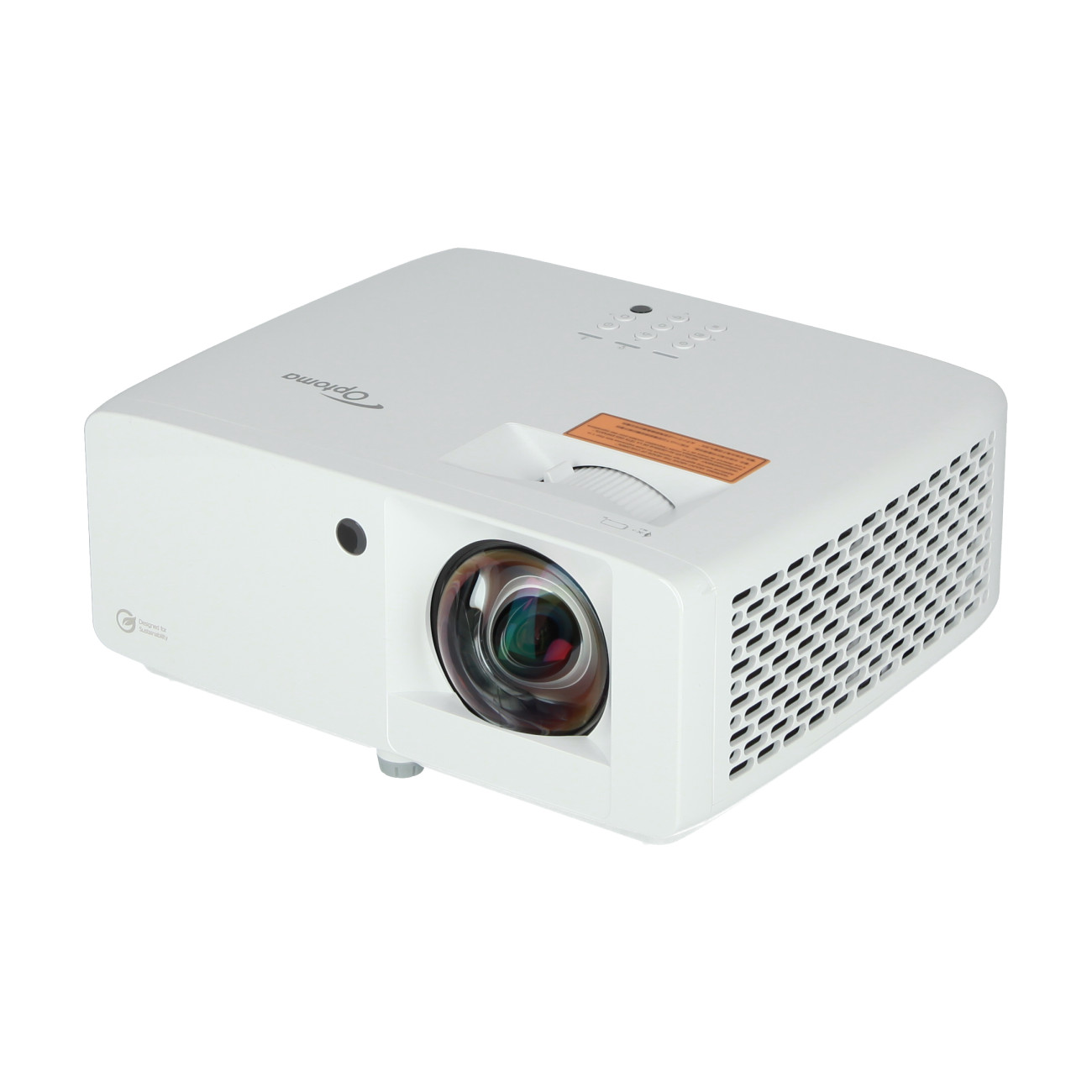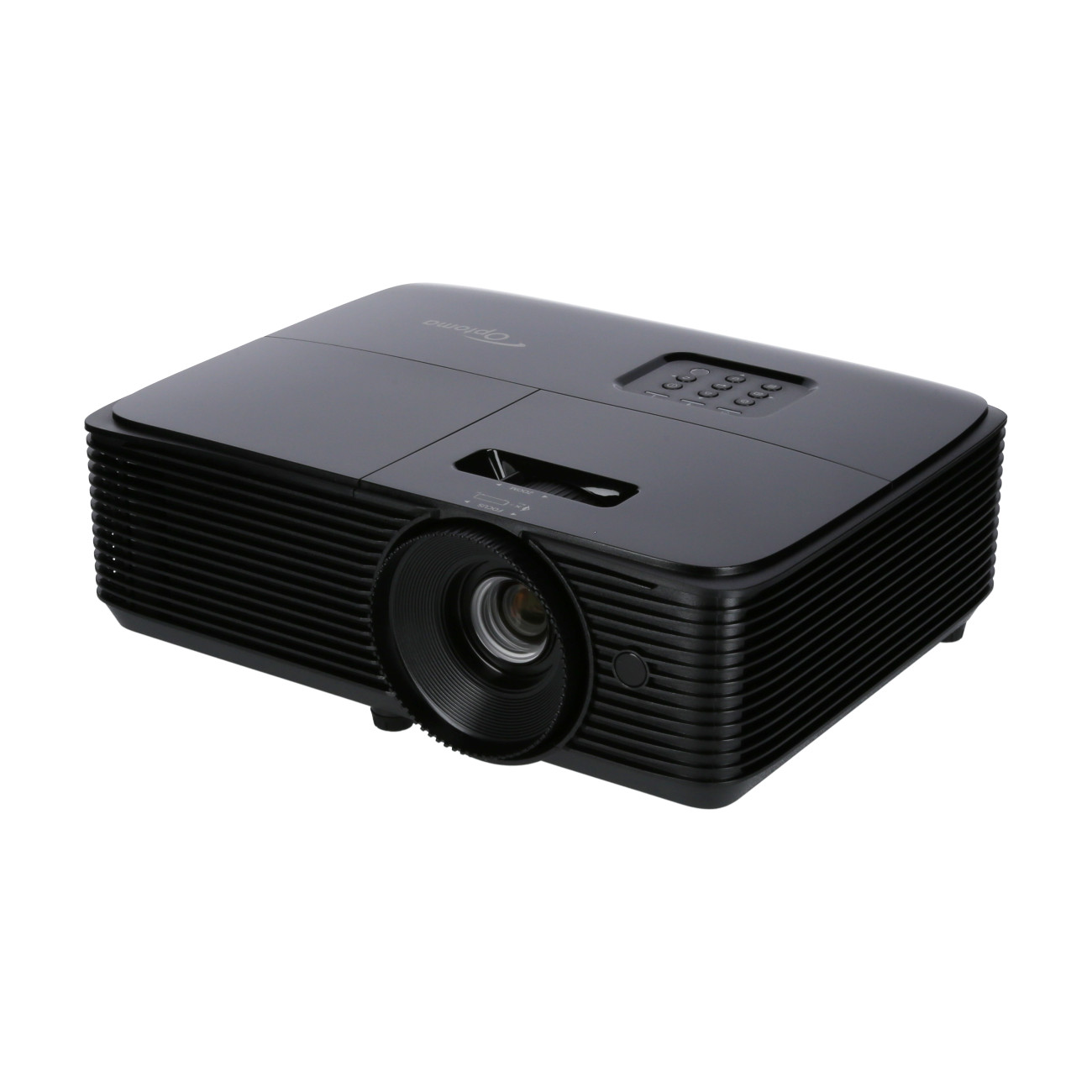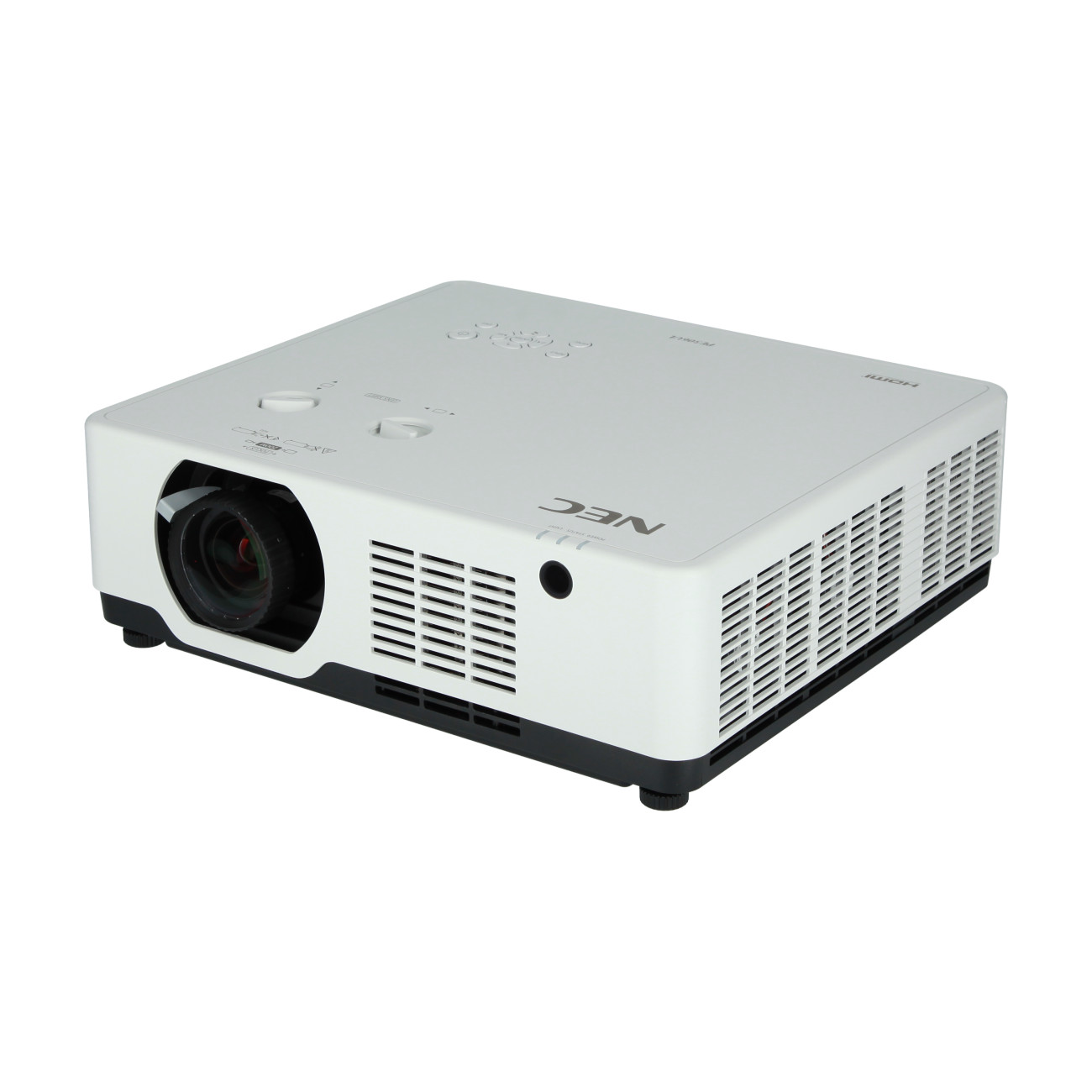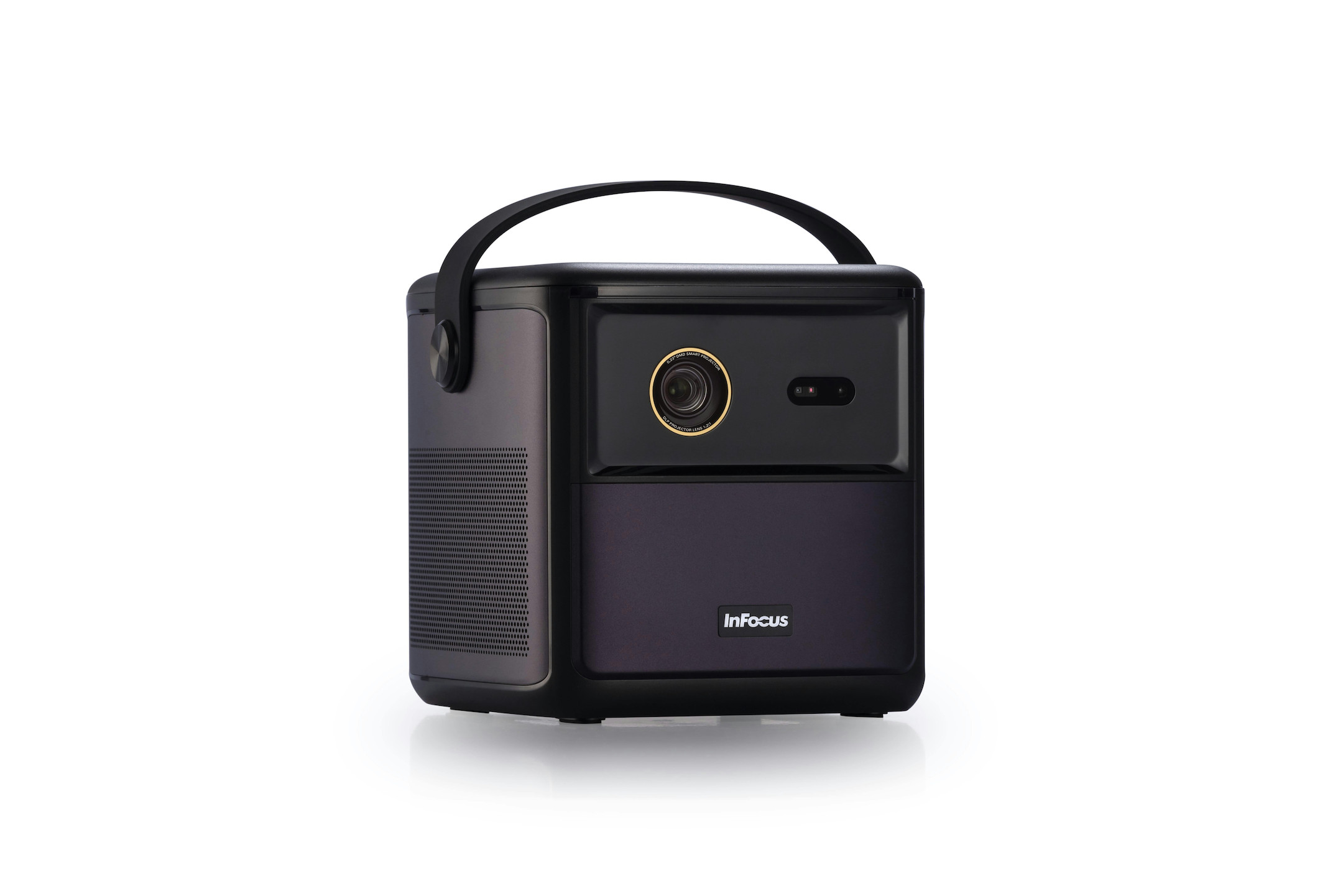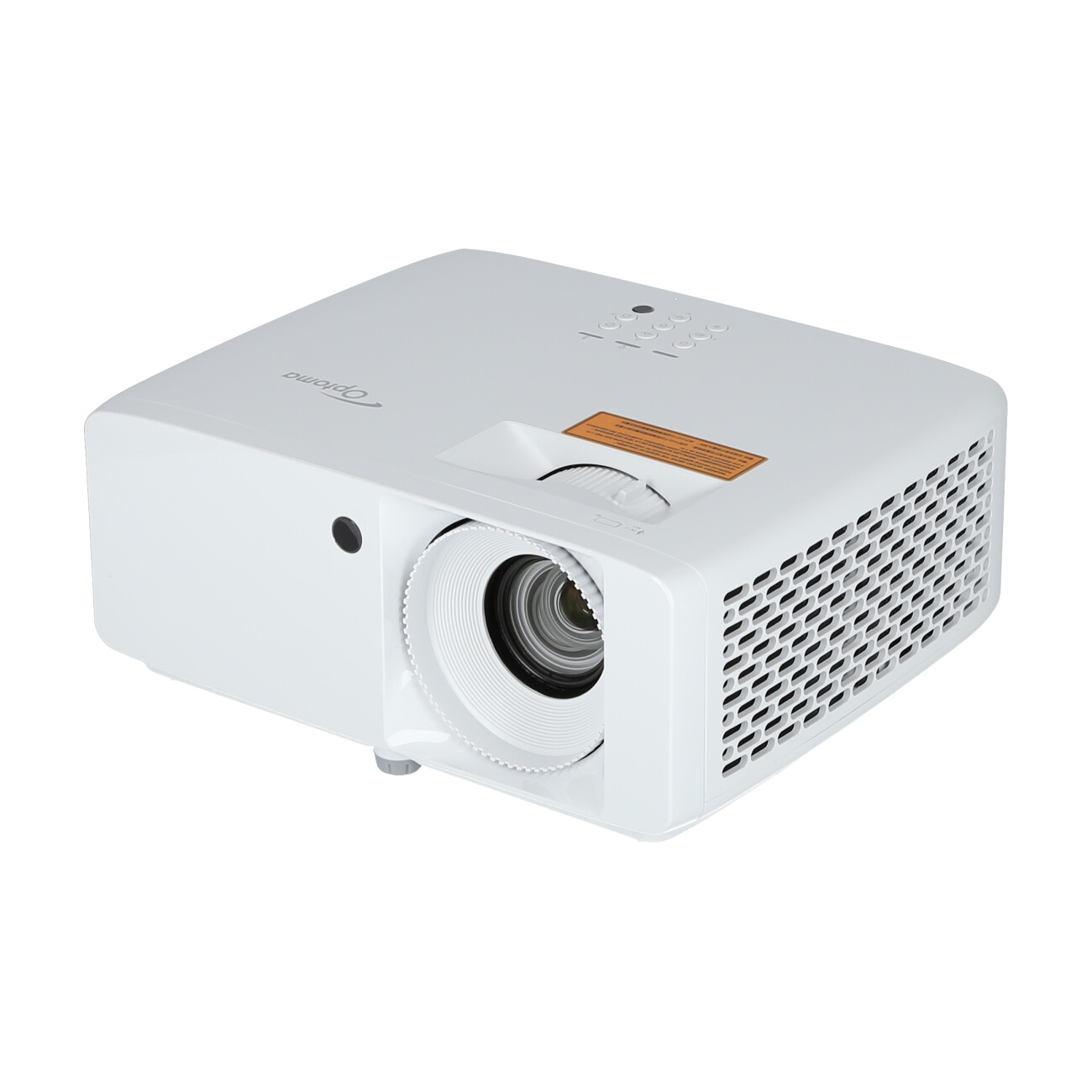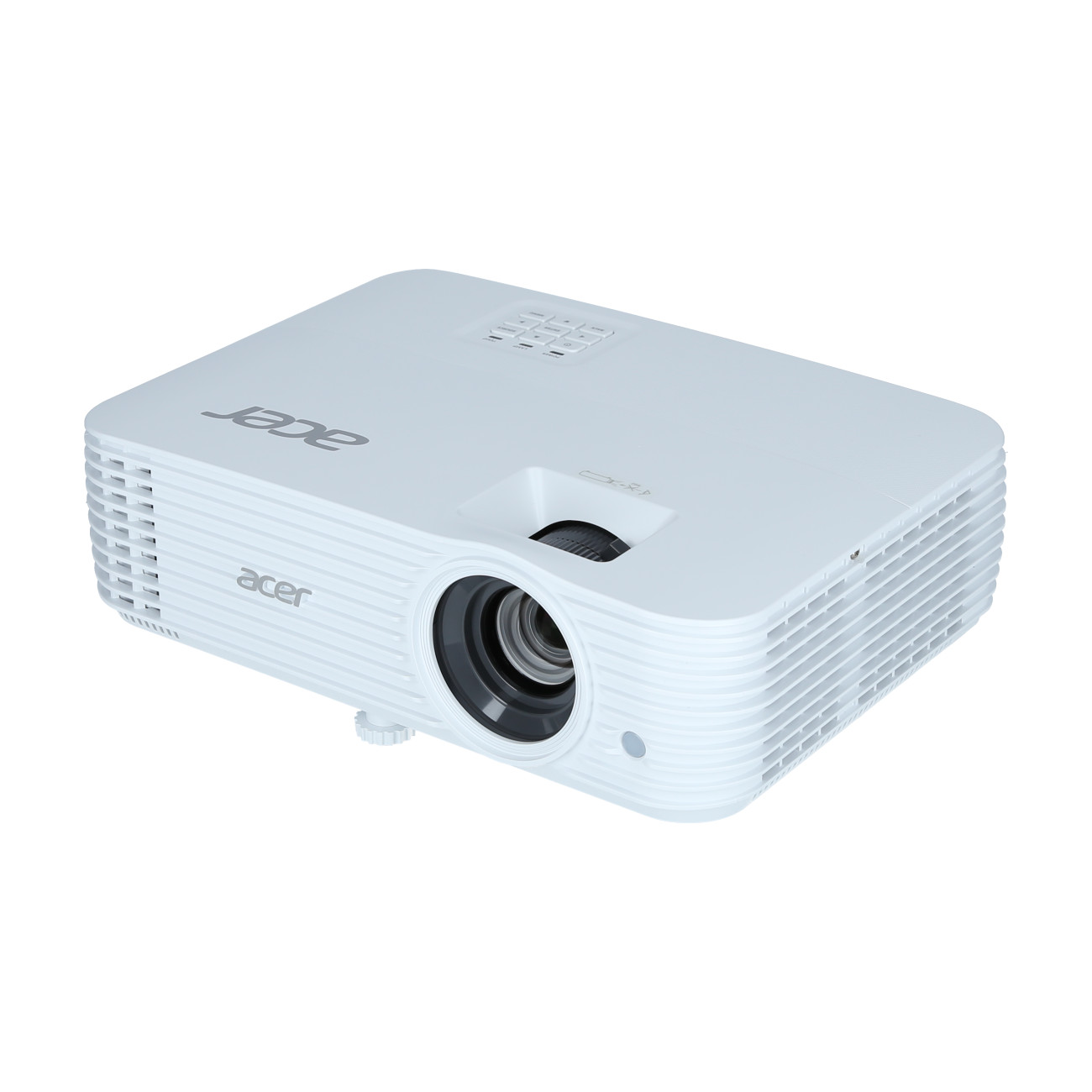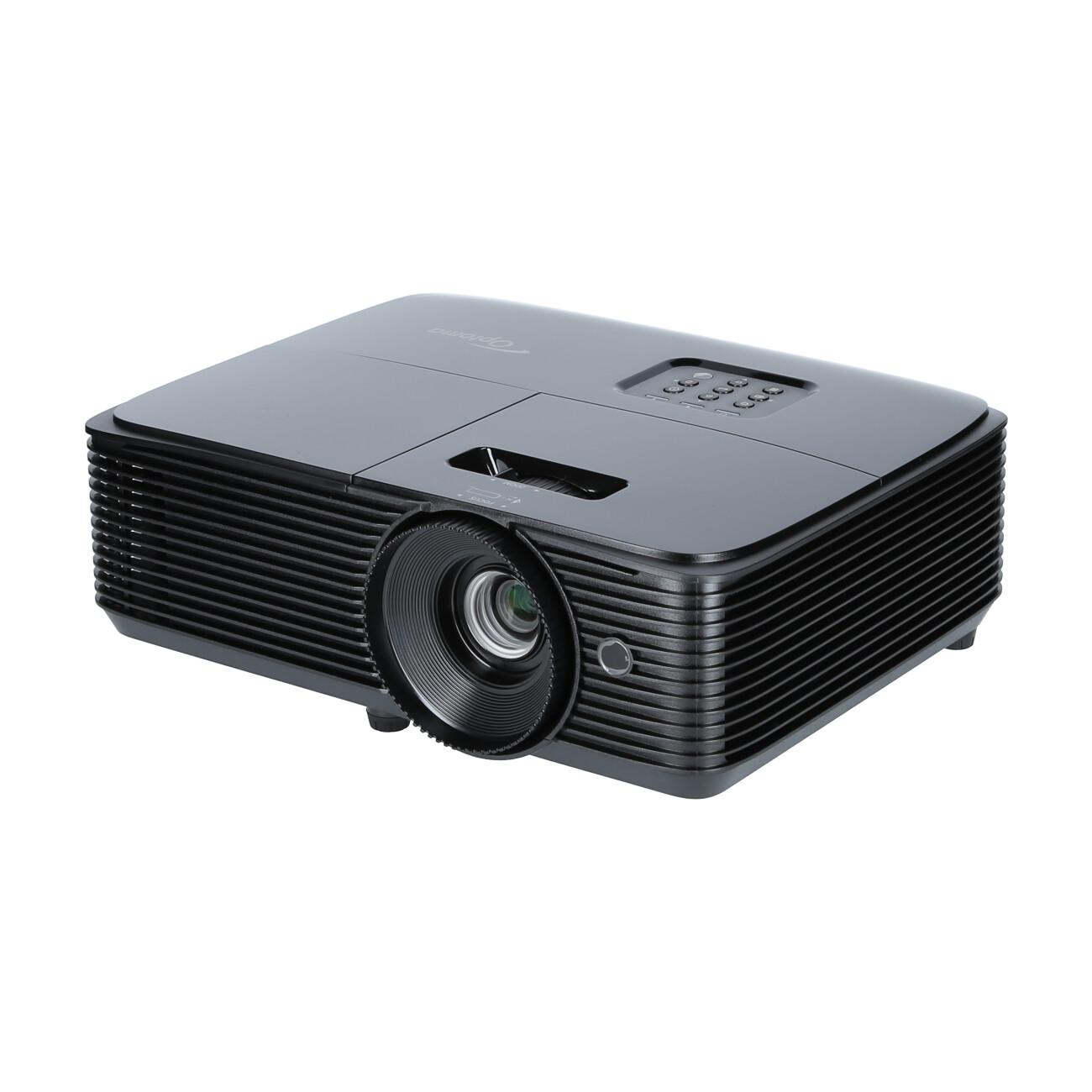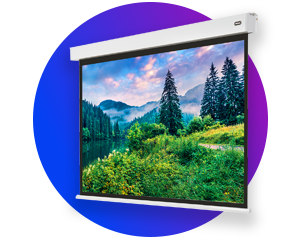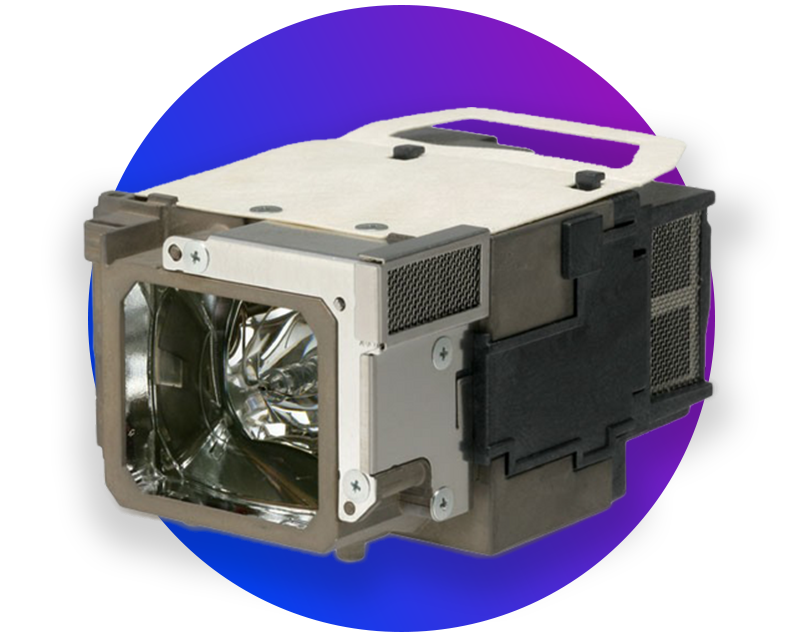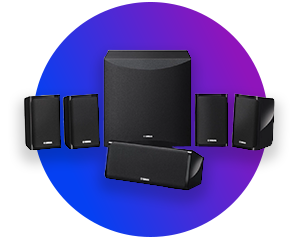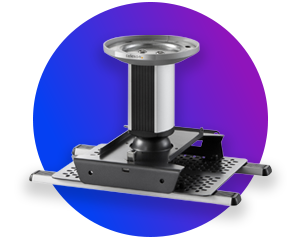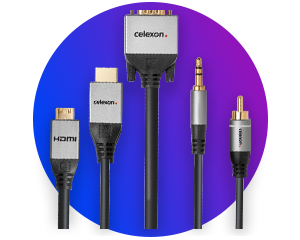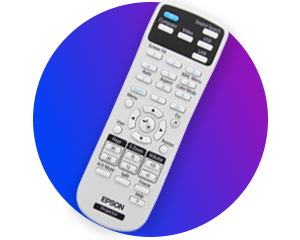Full HD projectors
When it's worth reaching for a Full HD projector
A Full HD projector offers a resolution of 1,920 x 1,080 pixels and therefore provides sharp and detailed images. Compared to lower resolutions, such as HD Ready, Full HD provides significantly better picture quality and colour fidelity.
While 4K projectors offer an even higher resolution, corresponding UHD or 4K content is required to fully utilise the potential. For regular streaming, Blu-rays and other everyday content, a Full HD projector is perfectly adequate in most cases. In addition, many Full HD projectors are available with a 3D function which, together with 3D glasses, enable intensive and spatial viewing. This gives films and games greater depth and vibrancy.
These are the differences between Full HD projectors
Full HD projectors differ not only in resolution, but also in the technology used. Each technology has its own strengths and is suitable for different areas of application. Here is an overview of the most important technologies:
DLP projectors work with tiny mirrors and offer high contrasts and smooth image display - ideal for presentations and films.
LCD projectors provide vivid images thanks to their colour fidelity and brightness and are particularly suitable for rooms with more ambient light.
Laser and LED projectors are particularly durable and low-maintenance. With stable brightness and high colour fidelity, they are perfect for intensive continuous use
UHP lamps are a cost-effective solution and are characterised by their ease of replacement and high brightness. Please note that regular maintenance is required to ensure consistent brightness.
HDR (High Dynamic Range) enables a comparatively greater depth of colour and contrast, which improves the viewing experience and enhances details in bright and dark areas.
For an optimal viewing experience: choose the right screen
Choosing the right screen plays a decisive role in the quality of the projection with a Full HD projector. Here are the most important aspects you should consider:
The right distance to the screen is crucial
The optimum distance to the screen has a significant influence on the sharpness of the image and the overall viewing experience. If you are too close, pixels can become visible; if you are too far away, details appear blurred. A general recommendation is to choose a viewing distance of 1.5 to 2.5 times the diagonal of the screen. For a precise calculation, it is best to use our projection surface calculator. In smaller rooms, short-throw projectors with Full HD resolution are particularly ideal, as they project a large, sharp image even at close distances.
We have even more accessories for Full HD projectors
We offer a wide range of accessories so that you can get the best out of your Full HD projector. Whether it's HDMI cables for razor-sharp transmission, practical projector ceiling mounts for flexible positioning or projector replacement lamps for long-term use - you'll find everything you need here. Discover our comprehensive range of accessories for Full HD projectors and equip yourself perfectly!
Purchase criteria for a Full HD projector: What else to consider
When buying a Full HD projector, there are a few important aspects that you should consider in order to find the right model for your needs:
Brightness (lumens): The brightness of a projector, measured in lumens, should be adapted to the room conditions. In dark rooms, a lower brightness is sufficient, while a daylight projector with more lumens is recommended for brighter environments
Operating noise:For an undisturbed film or series experience, it is advisable to choose a model with low operating noise. Quiet projectors with a noise level below 30 dB are ideal for living rooms or home cinemas.
Connections and compatibility:Make sure that the projector has the necessary connections to connect your devices such as Blu-ray players, games consoles or laptops. HDMI, USB and VGA are common connections that should be available.
Additional functions:Functions such as integrated WLAN, built-in speakers, 3D capability or lens shift for flexible image alignment can significantly increase the comfort and versatility of the projector.



